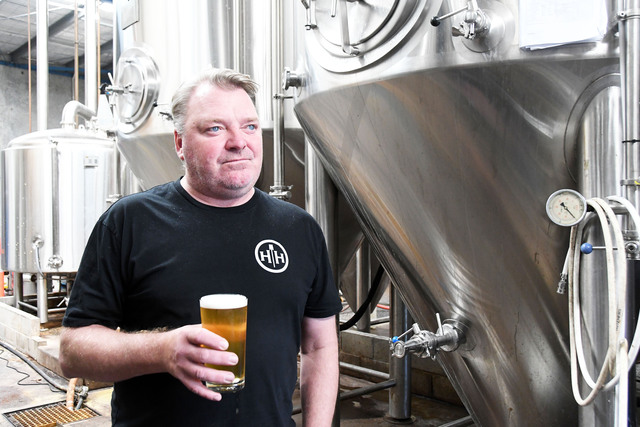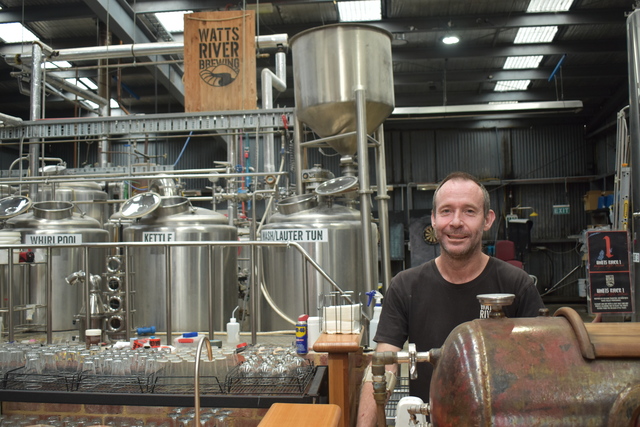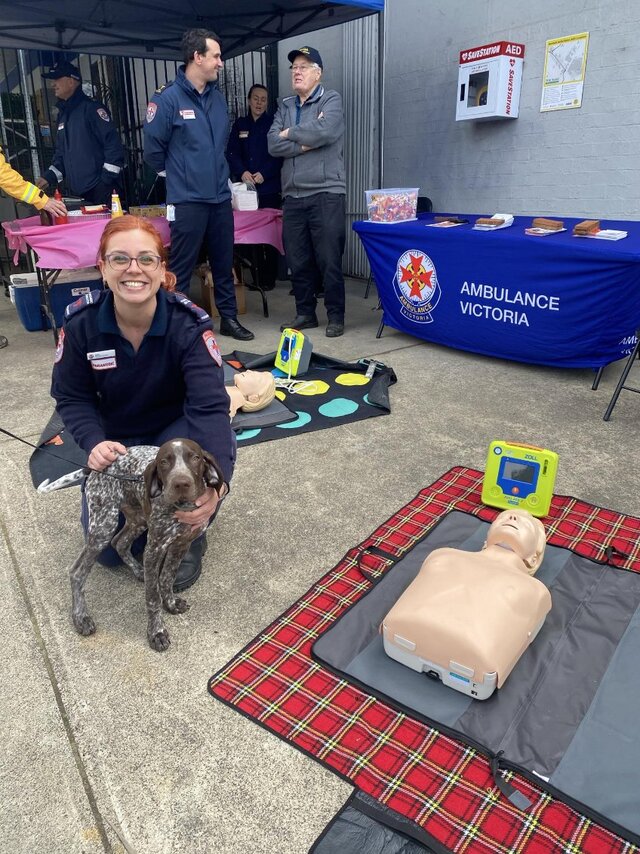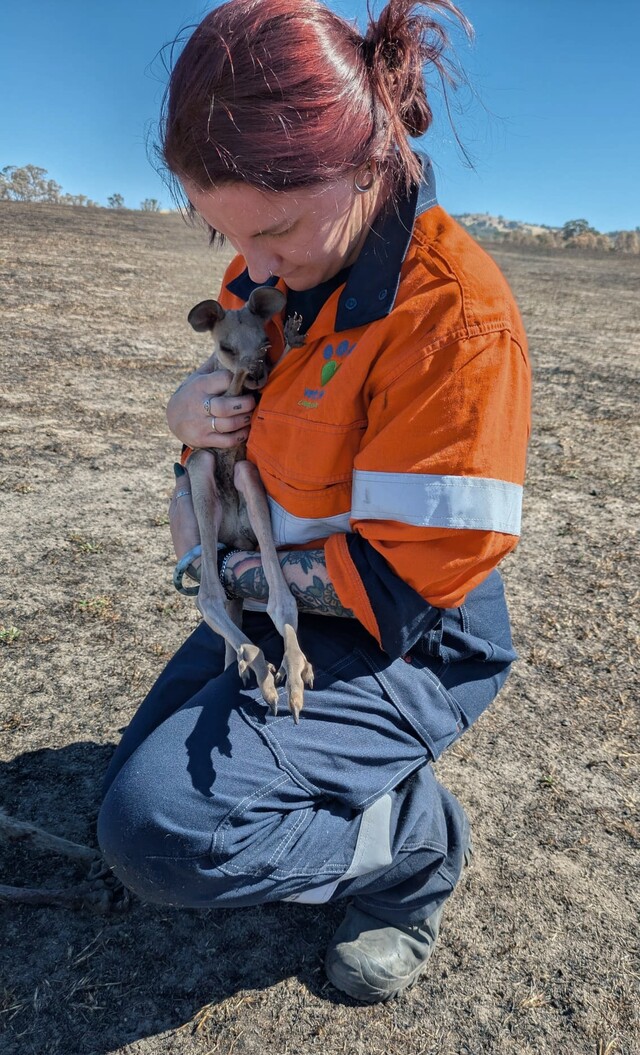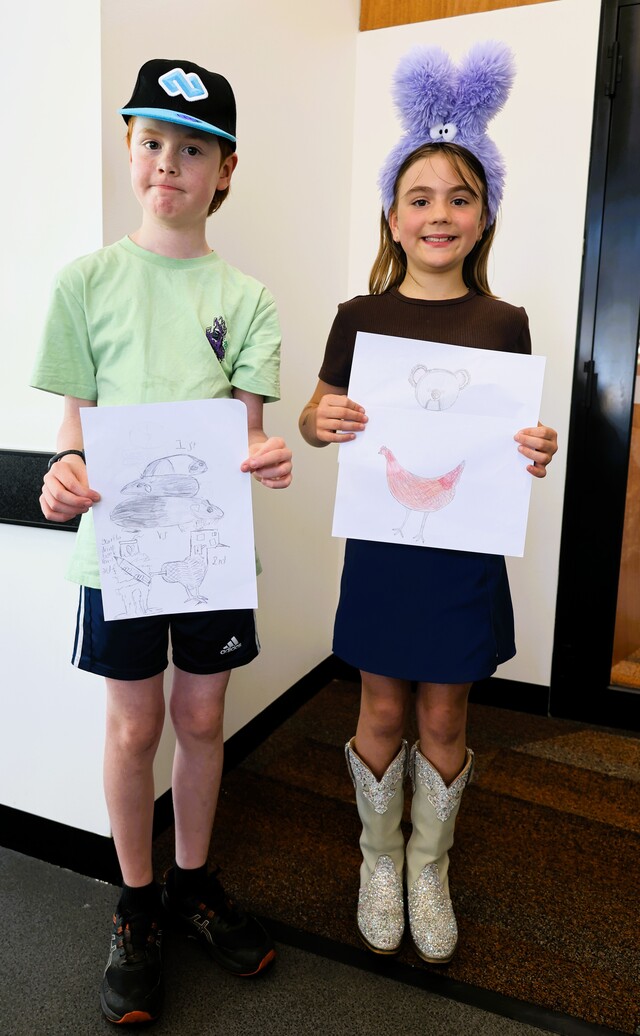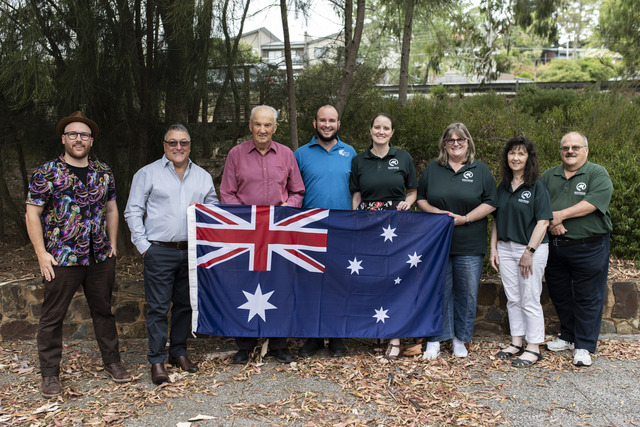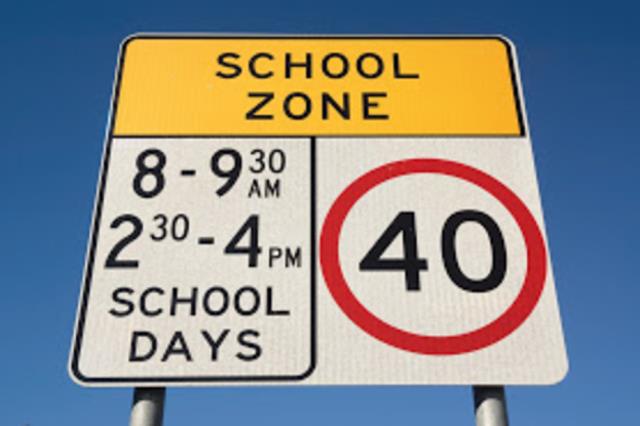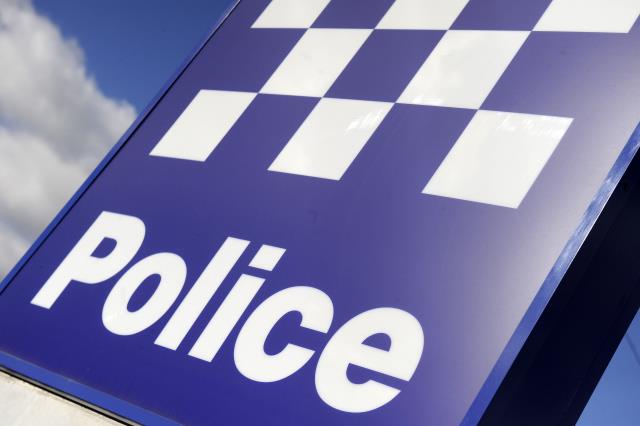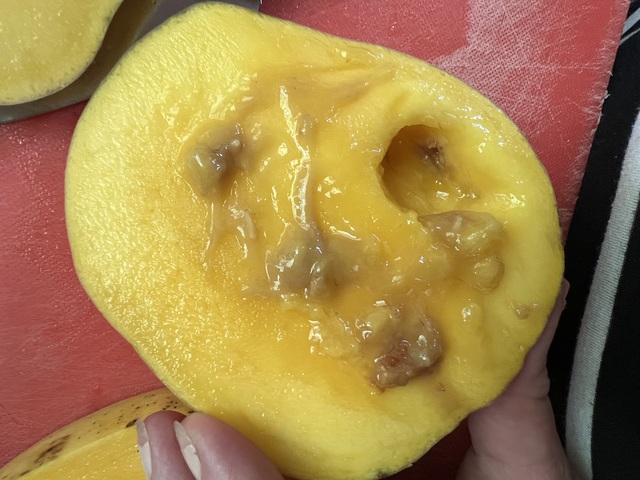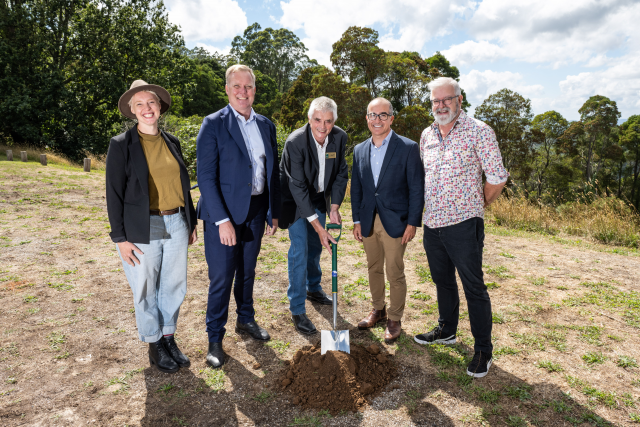The continual high inflation has hit the drinks industry, one of the main industries across the Yarra Ranges.
The Australian Taxation Office looks into the consumer price index (CPI) calculated by the Australian Bureau of Statistics to decide the changes in excise duty on alcohol every six months.
In August, it was confirmed the taxes on beer and spirits have effectively gone up two per cent.
After 18 consecutive tax increases, beer prices have been rising steeply, with the cost of a pub pint heading towards as much as $18.
Hargreaves Hill, a brewery in Lilydale, has gone through a few challenges since its opening in 2004, including the Black Saturday bushfires, when its building was burnt down, and the Covid-19 pandemic.
However, Hargreaves Hill director Simon Walkenhorst said the last two years have been the toughest period with a lack of hope for a better future.
“In some of those times, there’s been a lot of goodwill in the community because we were all doing it so tough. When we had the bushfires, everybody helped us out a lot, when we had Covid, it was a communal effort from pubs, bars, breweries, suppliers and everything,” he said.
“But now as you can see by the number of breweries that have closed or have gone into liquidation or voluntary administration and so forth, the whole industry has found it just impossible to continue.
“We’re okay but it has been an extremely challenging time to make sure that we can retain the jobs, continue the employment of our employees and get our beer to customers at the price that they can afford.”
Mr Walkenhorst runs the brewery with a philosophy, ‘everything works for everybody’.
The reality, that he had to accept that there was no way he could keep the price affordable for his customers, made him more frustrated because it was outside of his philosophy.
The brewer said the high inflation over the last three years has increased not only the excise but also every cost for the production of beer including ingredients and packaging.
“Brewers have tried to remain competitive by shouldering some of those costs, but it also gets to a point where it’s unsustainable to have brewers wearing all those costs, so inevitably our prices need to go up,” Mr Walkenhorst said.
“Now what’s become more difficult in the last couple of years is that the costs of the bars, the pubs and the restaurants, whether that’s wages, rent, electricity, all the overheads of running that business have increased so much as have ours.
“And at the end of the row, you’ve got the customer buying either a pint of beer or a six-pack of beer or a four-pack of beer or whatever, and now finding it too expensive because their expenses have gone up as well. “
Mr Walkenhorst hopes the policy for reducing the alcohol excise will be approved shortly.
“[The excise] is another cost in beer, we are the one of the most heavily taxed,” he said.
“The issue with the excise is that it goes up by CPI twice a year.
“If the excise is reduced, it is going to help the industry.”
There are different excise costs for beer, products with less than 10 per cent alcohol, and then spirits and other excisable beverages with more than 10 per cent alcohol.
Wine is subject to a different tax regimen.
It’s been five years since Yarra Valley Spirits based in Lilydale hopped into the distillery industry.
Yarra Valley Spirits owner Matthew Barnard said this is definitely the toughest time he has seen for Australian spirits, occurring not just by high excise but a number of other factors.
“It is extremely challenging to run any business when people are so cautious with their spending, but alcohol businesses sometimes have extra layers of complexity with tax and licensing laws,” he said.
“There are a lot of factors making alcohol production challenging at the moment.
“From excise to constant changes in licensing laws, a saturated market of products and more international celebrity products hitting our shelves, it is hard to see Australian producers getting a big enough representation in the market as shelf space gets tighter and bar contracts get more competitive.”
Mr Barnard said reducing the alcohol excise is a complicated issue but if it is well managed, it is going to help the Australian spirits industry.
“[The reduced excise] would certainly help the Australian producer get more products to the market at a more affordable price point,” he said.
“But if the excise is reduced, it would also reduce the price of the big international products as well.
“If the excise was more manageable though, the producers would be able to compete with other products on the market such as beer and wine categories, even some RTDs [Ready-to-drink alcohol products].”
What’s River Brewing in Healesville has been operating since 2015.
As a small brewer, the change of alcohol excise won’t influence What’s River Brewing because in 2021 alcohol excise was reformed for eligible alcohol manufacturers to receive a full automatic remission of excise duty on alcoholic beverages they manufacture, up to a maximum of $350,000 per financial year.
What’s River Brewing owner Ben Hamilton said regardless of its impact on his business, the alcohol excise needs to be reformed.
“Excise rules changed a couple of years ago so that every beer and spirits producer doesn’t have to pay the first $350,000 of excise,” he said.
“We are about halfway to the cap. Before the changes, we would sometimes pay over $10,000 in a month.
“The excise does need reform as different rates are applied to wine, beer and spirits. They need to scrap the whole system and start from scratch with a more logical one.”
Although the business hasn’t been affected by the excise increase after its reform in 2021, What’s River Brewing has gone through a hard period as cost of living pressure has affected not only its sales but also its operating expenses.
Mr Hamilton said costs have gone through the roof.
“Packaging costs have risen dramatically. Energy has gone through the roof,” he said.
“For example, in 2019 we were paying a bit over $1000 per month for gas, mostly used to run the boiler for the brewery, but also for heating the venue, now we pay over $2000 per month.
“We are unable to put our prices up as fast as our costs are going up, if we did, we would be priced out of the market.”
The owner said he might have to make some tough decisions if the pressure doesn’t come off soon.
“There has been a change in customer behaviour. We don’t have as many very busy days as in the past, and it is harder to pick when it is going to be busy which makes it harder to roster staff,” he said.
“When people come into the venue, many are careful about how they spend their money so consumption per head is down.
“Leading into Covid, we were growing as a business. Covid was very difficult for us and then after that cost of living pressures pretty much hit straight away so we haven’t had any relief. At the moment our business is losing money, which is obviously not sustainable.”
The Independent Brewer Association has lobbied the Federal Government to make the situation better for independent breweries across Australia by proposing possible solutions to the government, which include freezing the indexation of alcohol excise for a period of two years and indexing the excise remission in line with excise rates as well as flexibility on payback terms for excise debt.
Independent Brewer Association chief executive officer Kylie Lethbridge said they have been calling for excise tax reform for quite some time.
“We are the third highest taxed nation in the world for beer production so change is absolutely necessary,” she said.
“More than 600 small independent breweries have been hard hit by the cost of living pressures. Now having pushed over 20 to closing, into voluntary administration or liquidation.
“Energy costs, freight and raw ingredients are killing brewers but the greater challenge lies in consumers not having the money to spend on what would be classified as essential or premium products.”
The Coalition has reportedly opened up discussions over reducing the level of taxes placed on alcohol as part of a potential election promise after Nationals leader David Littleproud had a meeting with members of the Australian Hotels Association on Monday 23 September.
Federal Casey MP Aaron Violi, who is a Liberal Party member, said the Coalition has implemented measures to support local beer and spirit industries.
“Distillers and brewers in the Yarra Valley and surrounds are seeing their cost pressures rise quickly because of inflation. We’ve seen inflation get out of control after two years of Labor,” he said.
“I have spoken to local distillers and brewers who have seen their cost bases increase, which puts pressure on them, limits their ability to invest in new facilities, capital and people, which hampers their growth as a local business.
“The excise is indexed each year and tied to inflation, so the best way to reduce the pressure of rising excise taxes is to get inflation down. [The Coalition] are committed to delivering lower, simpler and fairer taxes for all Australians, and we will announce those policies before the election.”

